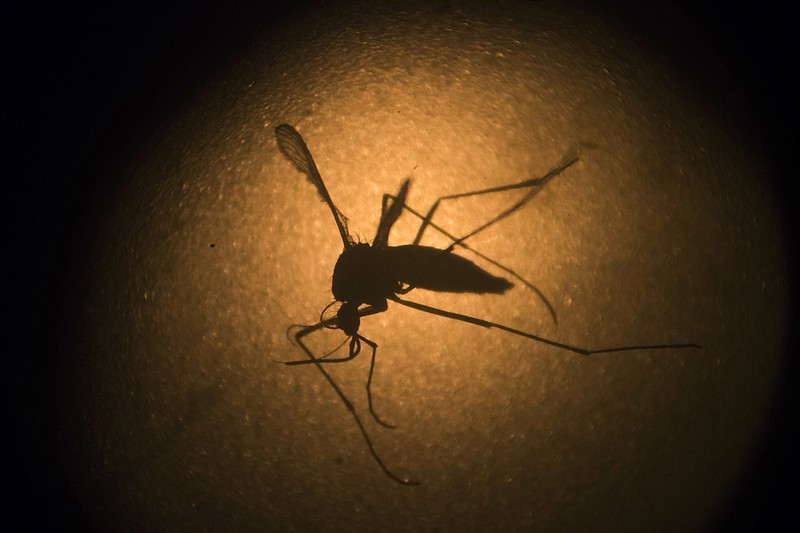GENEVA (AP) - The U.N. health agency is changing its advice to travelers returning from areas facing a Zika virus outbreak, saying both men and women should now practice safe sex or abstinence for six months.
The World Health Organization's guidance applies to all travelers, whether or not they show symptoms of the virus.
The organization's previous guidance in early June was for only men without symptoms to use condoms or abstain from sex for eight weeks after returning from areas with epidemics. The disease is mostly transmitted by mosquitoes but can also be spread via sex.
Officials had previously tracked cases of men spreading Zika through sex and in July, American scientists reported the first case of a woman infecting a male partner via sex.
The U.S. Centers for Disease Control and Prevention recommends that men and women should consider using condoms or not having sex for at least eight weeks after returning from a Zika-hit country, if they have shown no symptoms of the disease. The agency said it is currently reviewing the latest scientific information on Zika and may update its guidance later.
Most people who catch Zika only experience mild symptoms like fever and a rash, but in a small proportion of pregnant women, the virus can also cause brain and other neurological problems in babies. WHO says men and women living in areas with ongoing Zika epidemics should make an "informed choice about whether and when to become pregnant."
Last week, WHO declared that the continued spread of Zika - it has now infected more than 70 countries and territories - remains a global health emergency. Since the virus arrived in Singapore about two weeks ago, it has sickened nearly 300 people.
WHO said it was still unsure what percentage of Zika-infected women will give birth to a brain-damaged infant, calling the risk "relatively low but significant."
